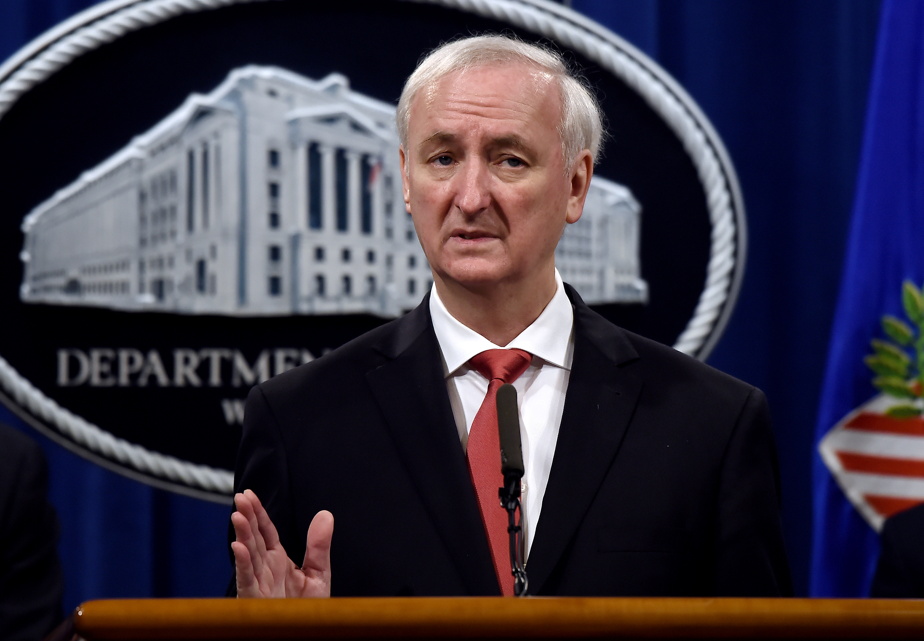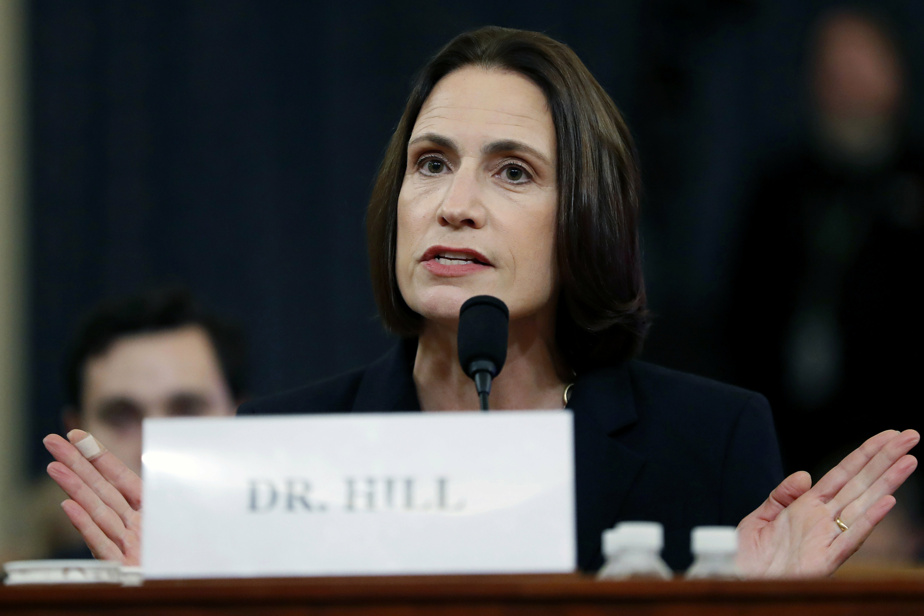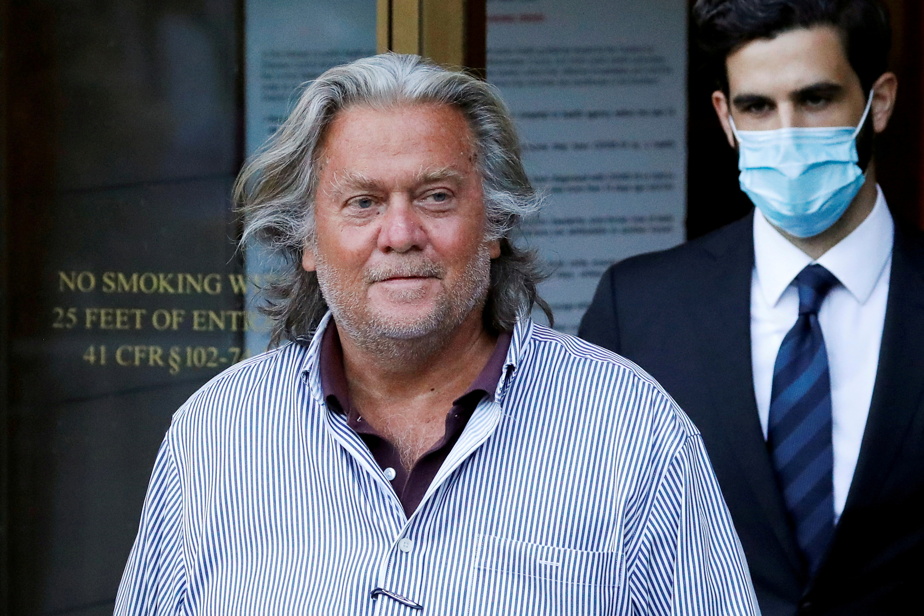(Washington) It was set to be a crucial week for the parliamentary committee investigating the January 6 attack on Capitol Hill, which focuses on the role played by former President Donald Trump. But expectations were dashed.
Steve Bannon, a former adviser to the Republican billionaire and former security advisor Cash Patel, is scheduled to be heard on Thursday. Former chief of staff Mark Meadows and Dan Scavino, the two former social media handlers, were due to be questioned the next day.
None of it has emerged, however, after Donald Trump invoked the executive branch’s right to keep certain information secret to prevent them from testifying, highlighting the limits of Congress’ investigative power when leaders refuse to hold them accountable.
The House of Representatives Committee of Inquiry has repeatedly promised to be tough on people who do not respond to their subpoenas, and announced that it has filed a lawsuit against Steve Bannon.
The commission has so far achieved only moderate success. Former acting US attorney general Jeffrey Rosen has testified, among other things, to pressure from Mr Trump to involve his department in the former president’s campaign of disinformation about voter fraud.

Photo by OLIVIER DOULIERY, ARCHIVES REUTERS
Acting United States Attorney General Jeffrey Rosen
But critics say Congress has failed to prevent Mr. Trump from blocking his investigation.
‘slow rollover’
According to Fiona Hill, a research fellow at the Brookings Institution and a former billionaire collaborator, her mistrust of Congress and her lies about election fraud amount to a “slow coup.”

Photo by Andrew Harnik, archive press
Former White House National Security Adviser Fiona Hill testified before the House Intelligence Committee during the public impeachment hearings of President Donald Trump in November 2019.
There are a number of legal avenues that Congress can take to thwart Trump’s maneuvers. But the former reality TV star, who has been impeached twice in Congress and twice acquitted, can use a number of tricks.
The Supreme Court has ruled the right of presidents to keep certain documents and discussions secret, and Donald Trump is not the first to take advantage of that.
He invoked these executive powers for the first time in 2019, in order to prevent Congress from accessing the entire Mueller report on Russian interference in the US election.
But it is usually the current tenant of the Oval Office who decides when that right applies, not his predecessor. However, Joe Biden has so far rejected Donald Trump’s allegations.
This fight could take months, if not years, if the 75-year-old New Yorker was determined to oppose every subpoena, and go to the Supreme Court if necessary.
obstructing the work of Congress
Historically, Congress bypassed the courts by using “Congressional Obstruction” to enforce subpoenas, and ordered the sergeant-at-arms to arrest and imprison rebellious witnesses.
This method has not been used against the executive branch for more than 80 years.
Steve Bannon is being tried on the simpler criminal charges of obstruction of Congress under an 1857 law that makes it a federal felony punishable by up to 12 months in prison.
This requires a vote by the House of Representatives to bring the matter to the attention of the Department of Justice.
But in 1984, that department said it would not prosecute executives for obstruction of Congress when it was based on the executive’s right to keep certain information confidential.
Even when this is not the case, the authorities rarely turn to him. Since 2008, the House has cited at least six current and former White House officials, but no action has been taken.
“Because of this discretion, obstruction of Congress has become virtually ineffective,” the Congressional Research Service said in a report last year.
Even if Attorney General Merrick Garland agrees to the lawsuits, it could take months.
The third option is possible: to resort to civil procedures before the courts.
Congress can require a federal judge to enforce his subpoenas—witnesses who defy them will obstruct the proper course of justice.
But time, again, is an issue here.

“Extreme twitteraholic. Passionate travel nerd. Hardcore zombie trailblazer. Web fanatic. Evil bacon geek.”

